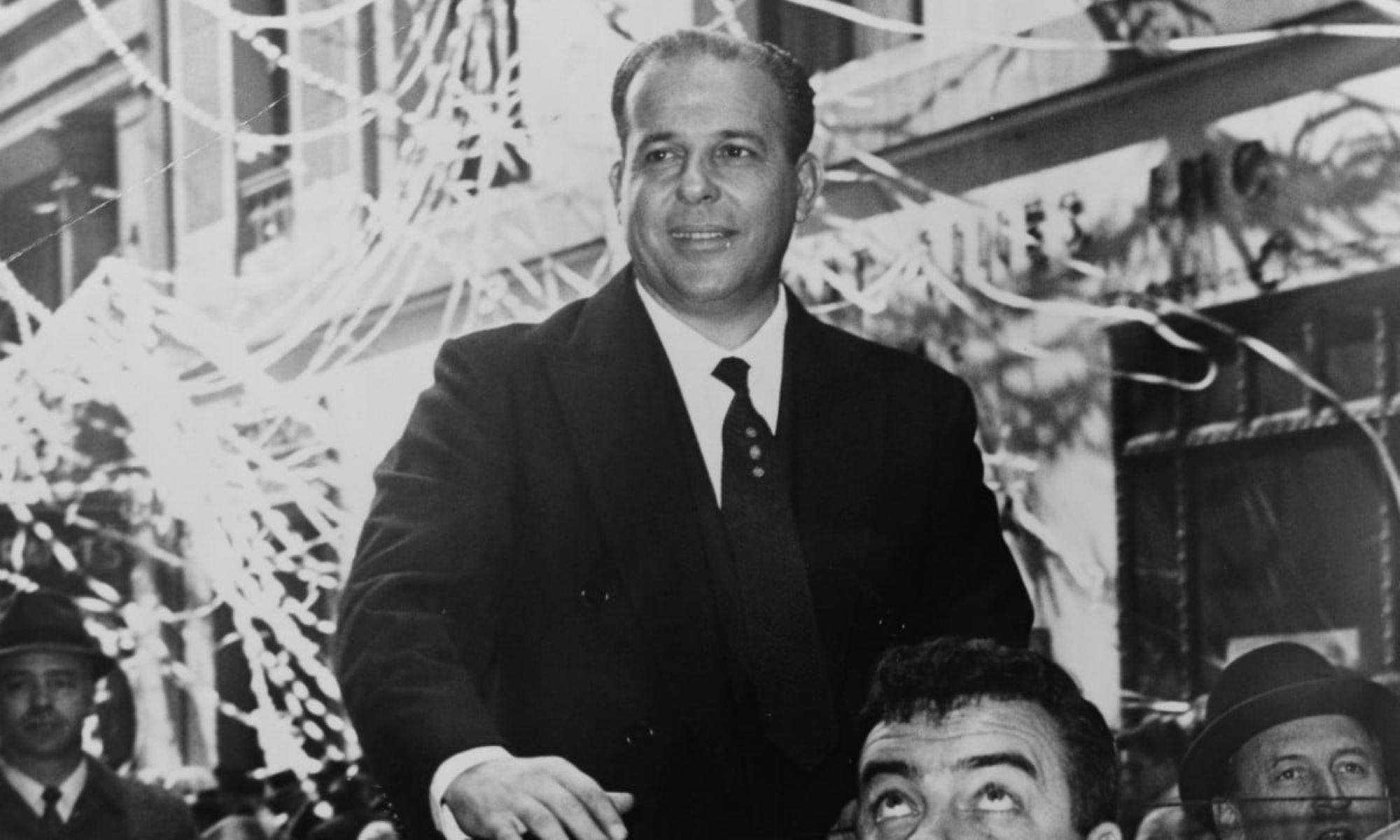
João Goulart, often referred to as Jango, was a prominent figure in Brazilian politics during the mid-20th century. Serving as the 24th President of Brazil, Goulart’s tenure in office was marked by controversy and enigma. Known for his populist policies and leftist leanings, he advocated for land reform, nationalization of industries, and greater social equality. However, his presidency was cut short by a military coup in 1964. Despite his tumultuous political journey, João Goulart continues to intrigue historians and political enthusiasts with his complex persona and the enigmatic facts surrounding his life and career. In this article, we delve into eight intriguing facts about João Goulart, shedding light on both his achievements and the mysteries that still shroud his legacy.
Key Takeaways:
- João Goulart, also known as Jango, was a Brazilian president who fought for workers’ rights and implemented reforms to address social and economic inequalities, leaving a lasting impact on Brazilian history.
- Despite facing political instability and a military coup, João Goulart’s legacy as a progressive leader advocating for social justice continues to spark debate and controversy in Brazil.
Rise to Power
João Goulart, commonly known as Jango, was a Brazilian politician who served as the 24th President of Brazil from 1961 to He ascended to the presidency following the resignation of President Jânio Quadros.
Advocacy for Workers
Goulart was known for his progressive policies and his strong support for workers’ rights. He implemented a series of labor reforms aimed at improving the conditions of Brazilian workers, including the establishment of the 40-hour workweek and wage increases.
Nationalization Policies
During his presidency, Goulart implemented nationalization policies in key industries such as petroleum and telecommunications. These policies aimed to strengthen Brazil’s economic independence and reduce the influence of foreign corporations.
Land Reform
Goulart was a strong advocate for land reform in Brazil, supporting policies aimed at distributing land to landless peasants. His efforts to address the issue of land inequality faced significant opposition from the country’s powerful landowning elite.
Political Instability
Goulart’s presidency was marked by political instability and polarization. His reformist policies drew opposition from conservative factions within Brazilian society, leading to widespread protests and tensions.
Military Coup
In 1964, a military coup led by General Humberto Castelo Branco overthrew Goulart’s government, citing his alleged communist sympathies and the threat of social unrest. This marked the beginning of a military dictatorship that lasted for over 20 years in Brazil.
Exile and Death
After the coup, Goulart went into exile, living in Uruguay and Argentina. He continued to advocate for democracy and progressive causes. Tragically, he passed away in 1976, under mysterious circumstances, while still in exile.
Legacy and Historical Controversy
Goulart’s legacy remains a subject of debate and controversy in Brazil. Some view him as a progressive leader who fought for social justice, while others criticize his policies and see him as a symbol of political instability.
Conclusion
In conclusion, João Goulart was a complex and enigmatic figure in Brazilian history. From his rise to power as President to his controversial policies and eventual overthrow, Goulart left a lasting impact on the country. His commitment to social reform and efforts to address income inequality were considered radical in their time, yet garnered support from many working-class citizens. However, his populist approach also created numerous enemies within the military and among the elite. Despite his tumultuous tenure, Goulart remains a fascinating and divisive figure, with his legacy still debated and analyzed to this day.
FAQs
1. How did João Goulart become President of Brazil?
João Goulart became President of Brazil after the resignation of President Jânio Quadros in 1961. As the Vice President, Goulart assumed the presidency, despite facing opposition from conservative factions due to his leftist leanings.
2. What were João Goulart’s main policies?
Goulart implemented several policies aimed at addressing income inequality and improving the lives of the working class. His government focused on land reform, workers’ rights, and increased social spending. He also sought closer ties with socialist and communist countries.
3. Why was João Goulart overthrown?
Goulart’s radical policies and perceived alignment with socialist ideologies caused significant opposition from the military and conservative factions within Brazil. In 1964, he was overthrown in a military coup d’état supported by the United States.
4. What is João Goulart’s legacy?
Goulart’s legacy is a subject of debate in Brazil. While some view him as a champion of social justice and workers’ rights, others criticize his policies for further polarizing the country and causing economic instability. His overthrow marked the beginning of a long period of military rule in Brazil.
Was this page helpful?
Our commitment to delivering trustworthy and engaging content is at the heart of what we do. Each fact on our site is contributed by real users like you, bringing a wealth of diverse insights and information. To ensure the highest standards of accuracy and reliability, our dedicated editors meticulously review each submission. This process guarantees that the facts we share are not only fascinating but also credible. Trust in our commitment to quality and authenticity as you explore and learn with us.
